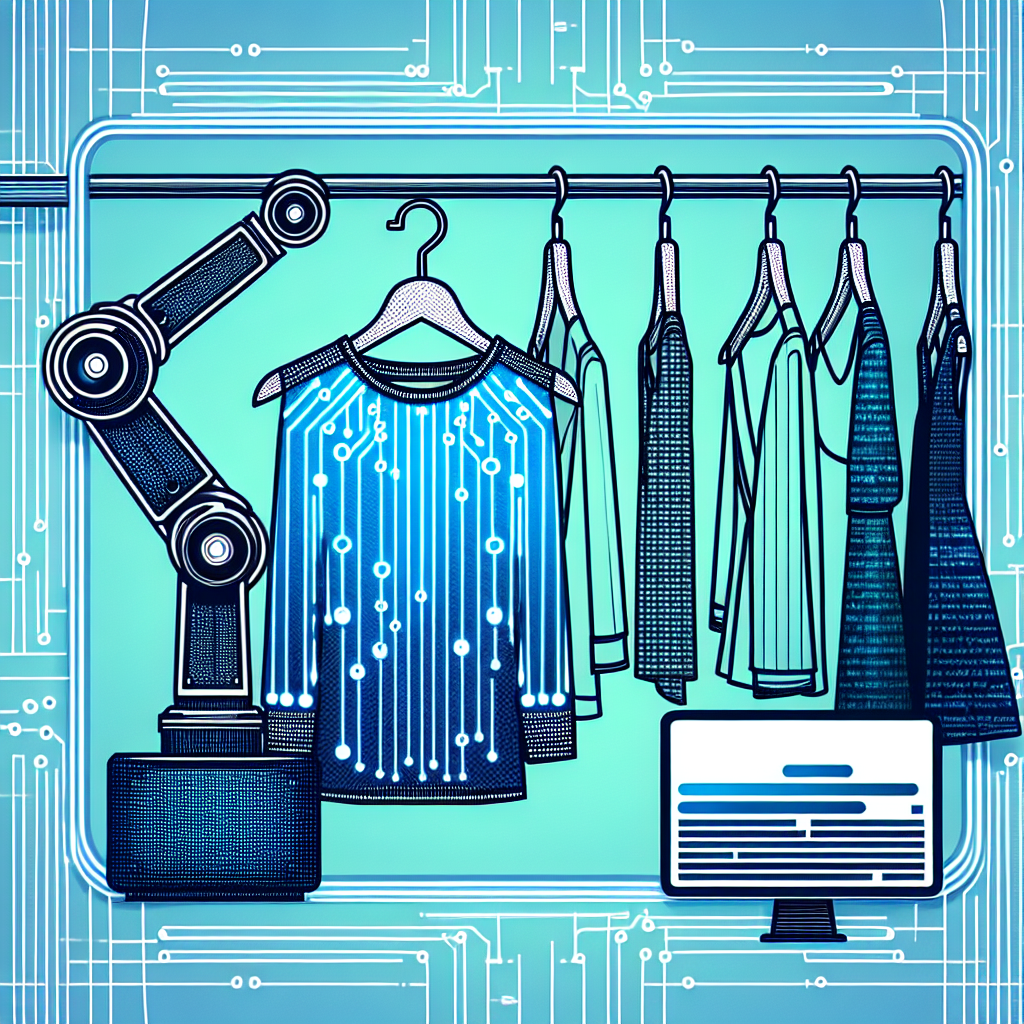The Role of AI in Fashion Branding
Artificial Intelligence (AI) is revolutionizing the way we interact with technology, and its impact is being felt across various industries, including fashion branding. In the competitive world of fashion, brands are constantly looking for new ways to engage with consumers, drive sales, and stay ahead of the curve. AI is offering innovative solutions to help brands achieve these goals and create a unique and personalized experience for their customers.
One of the key ways AI is transforming fashion branding is through the use of data analysis. By analyzing vast amounts of data from social media, online searches, and customer interactions, AI can help brands understand consumer preferences, trends, and behavior patterns. This data-driven approach enables brands to create targeted marketing campaigns, personalized product recommendations, and tailored messaging that resonates with their target audience.
AI-powered tools like predictive analytics can also help fashion brands forecast trends and anticipate consumer demand. By analyzing historical data and market trends, AI algorithms can predict which styles, colors, and designs will be popular in the future. This insight allows brands to optimize their product offerings, inventory management, and marketing strategies to meet consumer needs and stay ahead of the competition.
Another way AI is revolutionizing fashion branding is through virtual styling and personalized recommendations. AI-powered virtual assistants and chatbots can help consumers find the perfect outfit, accessories, or makeup look based on their preferences, body type, and style. By leveraging machine learning algorithms, these tools can provide personalized styling advice, recommend products that match the consumer’s taste, and create a seamless shopping experience that drives engagement and sales.
AI is also transforming the way fashion brands design and produce their products. By using generative design algorithms, brands can create unique and innovative designs that are tailored to consumer preferences and market trends. AI-powered tools can analyze consumer feedback, social media trends, and market data to inform the design process and help brands create products that resonate with their target audience.
In addition, AI is helping fashion brands enhance their customer service and loyalty programs. Chatbots and virtual assistants can provide real-time support, answer customer queries, and offer personalized recommendations to enhance the shopping experience. AI-powered tools can also analyze customer feedback, sentiment, and behavior to identify areas for improvement and optimize the overall customer experience.
Overall, AI is playing a crucial role in shaping the future of fashion branding by enabling brands to leverage data-driven insights, personalized recommendations, and innovative design solutions. As the fashion industry continues to evolve, brands that embrace AI technology will have a competitive edge and be able to create unique and engaging experiences for their customers.
FAQs
Q: How can AI help fashion brands understand consumer preferences?
A: AI can analyze data from social media, online searches, and customer interactions to identify trends, preferences, and behavior patterns. This data-driven approach enables brands to create targeted marketing campaigns, personalized product recommendations, and tailored messaging that resonates with their target audience.
Q: How can AI help fashion brands forecast trends?
A: AI-powered predictive analytics tools can analyze historical data and market trends to predict which styles, colors, and designs will be popular in the future. This insight allows brands to optimize their product offerings, inventory management, and marketing strategies to meet consumer needs and stay ahead of the competition.
Q: How can AI enhance the customer shopping experience?
A: AI-powered virtual assistants, chatbots, and personalized recommendations can help consumers find the perfect outfit, accessories, or makeup look based on their preferences, body type, and style. By leveraging machine learning algorithms, these tools can provide personalized styling advice, recommend products that match the consumer’s taste, and create a seamless shopping experience that drives engagement and sales.
Q: How can AI help fashion brands design and produce their products?
A: AI-powered generative design algorithms can help brands create unique and innovative designs that are tailored to consumer preferences and market trends. By analyzing consumer feedback, social media trends, and market data, AI tools can inform the design process and help brands create products that resonate with their target audience.

